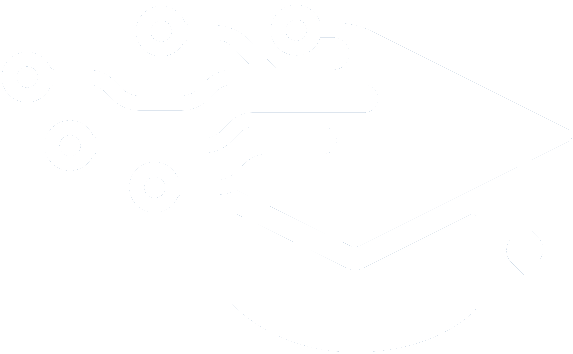From Courtroom to Boardroom: Better Judgments Through Behavioral Science
Harness the latest findings from behavioral science to uncover hidden biases, strengthen your arguments, and make decisions you can defend in court, at the negotiating table, and in policy.
Write your awesome label here.
Why join?
Sharper Analysis
Spot and neutralize the mental shortcuts that distort legal arguments, deal terms, and policy drafts.
Stronger Strategy & Advocacy
Factor human decision dynamics into your arguments, negotiations, and board presentations.
Risk Management &Decision Hygiene
Apply structured “decision hygiene” tools to stress-test your reasoning and avoid costly missteps.
Here are some of the topics we cover in
our program:
Foundations of Legal Cognition
How the unconscious mind, limited attention, and classic heuristics and biases shape every brief, clause, and judgment.
Litigation in Hindsight
Why hindsight biases, in-group biases, moral intuitions, confirmation bias, and motivated reasoning complicate fault-finding, and how mindset shifts toward intellectual humility can improve (courtroom) reasoning.
Psychology of Deal-Making
Loss aversion, escalation of commitment, groupthink, biased valuations, and anchoring in negotiations, plus practical decision-hygiene tools to keep transactions on track.
Behavioural Science for Legislators & Policy Makers
Nudging, sludge, framing, and default effects: designing rules and procedures that are evidence based and align with real human behaviour.
Decision Hygiene & Debiasing Toolkit
Checklists, pre-mortem, devil's advocate, actively open-minded thinking, and safety-culture practices introduced in key modules to help surface hidden biases early.
Elective Deep Dives
Optional modules on for example noise in legal judgments, AI-assisted decision making, and the psychology of effective negotiations let you explore specialised topics at your own pace.
Ready to Transform Your Decision Making?
Join our newsletter now!
Be the first to know when the program launches and benefit from the limited 'Early Adopter Deal' - providing you with life time access to everything BSL Academy has to offer!
Frequently asked questions
What exactly is this program about?
It is a deep dive into how legal professionals think and decide, and how hidden cognitive biases, noise, and group pressures can derail that process.
Why should I take this program?
Every legal decision, whether drafting a legal brief, closing a deal, or ruling from the bench, depends on human judgment. And judgment is never purely rational. Decades of research in behavioral science reveal how even skilled professionals misread evidence, miscalculate risk, and fall prey to hindsight bias, groupthink, and other systematic psychological traps.
This program gives you the tools to recognize and counter these pitfalls so you can:
This program gives you the tools to recognize and counter these pitfalls so you can:
In short: you get the science that matters, translated for lawyers, judges, in-house counsel, and policy-makers who want clearer, fairer, and more defensible decisions.
Who is this program designed for?
Any professional whose work depends on legal judgment:
While some modules highlight courtroom scenarios and others focus on transactions or regulation, the underlying cognitive principles are universally applicable and relevant. Biases, noise, and group pressures follow you everywhere, from the negotiation table to the boardroom to the bench, so the full program is designed for everyone to benefit.
When can I start with the program?
Two different options exist:
How long does the program take to complete?
The program contains in total about 20 hours of interactive lectures and exercises.
Mix and match speeds as your workload allows, just complete the content within the six-month access window.
Will there be exams?
No, there won't be any formal exams. However, to earn your certificate, you will have to complete short quizzes and application-based tests throughout the program. These are not meant to be difficult, but are meant to ensure you’ve engaged with the materials and can apply the core concepts to your own legal practice.
Will I receive an accredited certificate upon completion?
Yes. Upon successful completion of the program, you will receive a formal certificate issued by the Behavioral Science in Law Academy. This certificate confirms your mastery of the course material and can be used to demonstrate your professional development.
In some jurisdictions, the program is formally accredited for CLE/PO purposes by the relevant authorities. We are also actively expanding accreditation in additional jurisdictions to ensure that participants worldwide can benefit from recognized continuing education credits. Where formal accreditation is not yet in place, we provide guidance on how to submit your certificate for recognition with your local bar association or professional body.
In some jurisdictions, the program is formally accredited for CLE/PO purposes by the relevant authorities. We are also actively expanding accreditation in additional jurisdictions to ensure that participants worldwide can benefit from recognized continuing education credits. Where formal accreditation is not yet in place, we provide guidance on how to submit your certificate for recognition with your local bar association or professional body.

